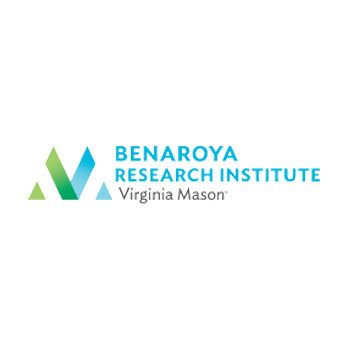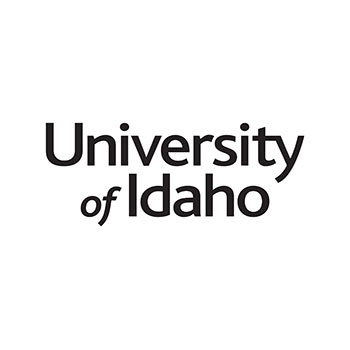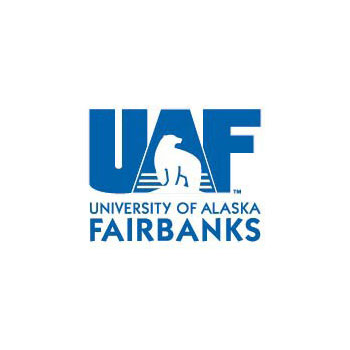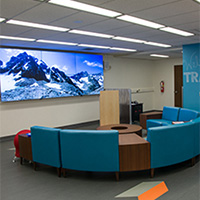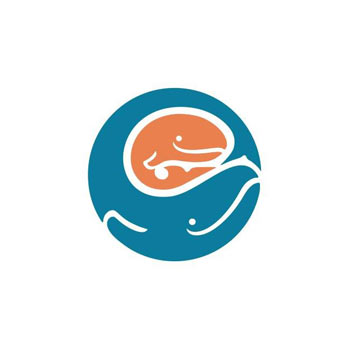Bioinformatics, Fred Hutchinson Cancer Center
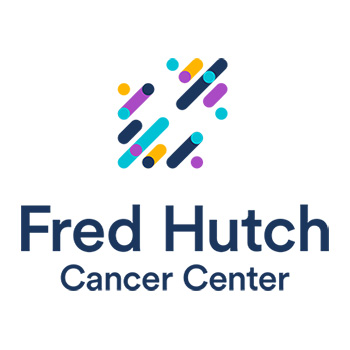
Fred Hutch Cancer Center, Thomas Building DE-740
1100 Fairview Avenue North
Seattle
Washington
98109
US
The Bioinformatics Resource (formerly the Computational Biology Resource) is comprised of staff who can assist researchers with the genomics and proteomics data analysis support. The Bioinformatics Shared Resource is staffed by 3 dedicated bioinformatics specialists and a database developer/programmer.
In an effort to assist researchers with exploring and understanding genomics and proteomics data, bioinformatics support is offered to researchers through two different service models:
- Users of the Genomics or Proteomics Shared Resources. Basic analytical support is provided to assist researchers with data generated in either facility. In such cases, up to 4 hours of bioinformatics support is provided free-of-charge. Examples of deliverables are provided below based on the type of assay performed. Additional support is provided for a fee using an hourly rate structure, and is subject to staff availability.
- Externally Generated Data. While priority is given to those using the Fred Hutch Genomics and Proteomics Shared Resources to generate data, support is sometimes available to researchers with their own data sets or with data found in publically accessible repositories. In this case, support is provided solely on a fee-for-service basis using an hourly rate structure. Support is subject to staff availability and project demands. Please email bioinformatics@fredhutch.org to discuss the scope of your project and to get an estimate of service fees.
Examples of Deliverables Supported by the Fred Hutch Bioinformatics Group:
- RNA-seq
- Filter low quality reads and align to reference genome using TopHat
Generate QC reports: FastQC and RNA-SeQC
Associate reads at the gene-level using HTSeq-count
Detect differential genes using the Bioconductor package edgeR
Whole Exome Sequencing (WGS) - QC report on all samples submitted (FastQC)
Alignment using BWA to reference sequence
Analysis-ready bam files based on Board GATK best practice
Coverage statistics
Annotated variant report of SNVs and small Indels in VCF format
Somatic point mutation using MuTect if paired samples
ChIP-seq - QC, align resulting FASTQ files with BWA (or other suitable aligner)
Identify binding sites with Model-based Analysis for ChIP-Seq (MACS)
Peak and summit locations in BED-format files.
Proteomics Standard Deliverables
Proteome Discoverer is utilized for processing qualitative and quantitative proteomics data collected on ThermoScientific mass spectrometers. The standard deliverables are:
- Protein identification
- Protein quantitation
- Protein modification analysis
- Pathway analysis
Center Director(s)
Jeff Delrow, PhD
Available to
Anyone
Resource Type
Core Laboratory
Institution
Fred Hutchinson Cancer Center
TRAC, University of Washington, 1107 NE 45th St Suite 535, Seattle, WA 98105 2.43 mi
High Performance Computing, UW Information Technology Service Center, 4333 Brooklyn Ave NE, Seattle, WA 98105 2.44 mi
High Speed Research Network, UW Information Technology Service Center, 4333 Brooklyn Ave NE, Seattle, WA 98105 2.44 mi
IT Consulting, UW Information Technology Service Center, 4333 Brooklyn Ave NE, Seattle, WA 98105 2.44 mi
Data Transfer Node, UW Information Technology Service Center, 4333 Brooklyn Ave NE, Seattle, WA 98105 2.44 mi
Data Backups and Archives, UW Information Technology Service Center, 4333 Brooklyn Ave NE, Seattle, WA 98105 2.44 mi
Analytical Service Center, School of Environmental and Forest Sciences, 4000 15th Ave NE, Seattle, WA 98195, United States 2.59 mi
Molecular Analysis Facility, UW MolES Building G43E, 4000 15th Ave NE, Seattle, WA 98195 2.59 mi
Center for Experimental Nuclear Physics and Astrophysics, University of Washington, 4311 Mason Place NE, Seattle, WA 98195 2.59 mi
(206) 543-4080(206) 543-4080
Center for Urban Horticulture, University of Washington Botanic Gardens, 3501 NE 41st St, Seattle, WA 98105 2.85 mi
MicroScale Life Sciences Center, University of Washington, Seattle, WA 3.11 mi
Seattle Children’s 70th and Sandpoint Administration Building (Magnuson) 3.32 mi
Investigational Drug Services, Pharmacy Department, Seattle Children's, 4800 Sand Point Way NE, Seattle, WA 98105 3.32 mi
High-Throughput Data Analysis Core, Seattle Children's Hospital, 4800 Sand Point Way NE, Seattle, WA 98105 3.32 mi
Seattle Children's Hospital, 4800 Sand Point Way NE, Seattle, WA 98105 3.32 mi
(206) 987-2000(206) 987-2000
West Coast Poverty Center, University of Washington School of Social Work, Seattle, WA 98105 3.77 mi
Center for Biomedical Statistics, UW Tower, 4333 Brooklyn Ave NE, 15th Floor, Seattle, WA 98105 3.77 mi
Cell Function Analysis Core, Diabetes Research Center, 1660 S Columbian Way, Seattle, WA 98108 4.57 mi
6200 Northeast 74th Street, Seattle, WA 98115, United States 4.98 mi




